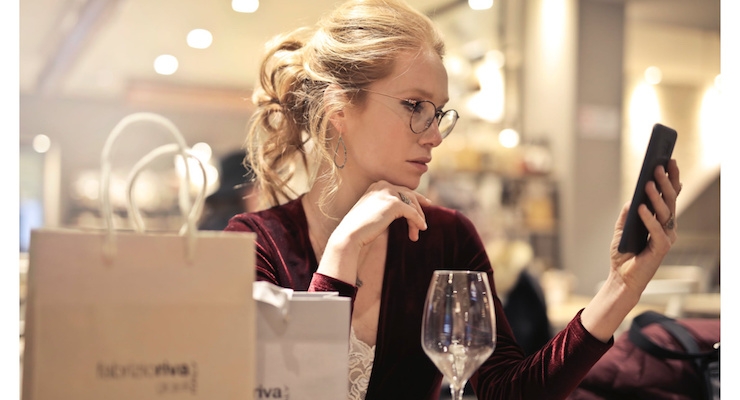Priyanka Bagde, Senior Analyst at Euromonitor International01.17.20
The Beauty Survey system is designed by Euromonitor International’s Survey team, with input from the Beauty and Personal Care industry team. This article draws on the results of Euromonitor International’s Beauty Survey to explore three trends that shaped beauty and personal care in 2019: An emerging digital beauty consumer segment, consumer perceptions of premium beauty, and shifting definitions of masculinity.
Introducing the Digital Beauty Consumer
Developments in digital technology have brought brands, retailers, influencers and beauty advisors closer to beauty consumers than ever before; offering a common platform to connect, communicate and engage.
Currently, 30% of global online consumers fit into the digital beauty consumer segment. However, this segment will continue to grow in both size and influence as more shoppers turn to apps and other digital platforms to engage with brands and make purchases. Brands and retailers that can understand and target the digital beauty consumer segment now will be in a strong position for future growth.
Consumer Perceptions of Premium Beauty
More than any other trait, when consumers define what makes a beauty product “premium,” they cite proven efficacy and benefits. Indeed, for many consumers the brand name itself matters less than both efficacy and natural and premium ingredients, when categorizing a “premium” product. Brands aiming to position themselves as premium should tap into consumer perceptions of natural and premium ingredients as signals of a premium product.
What does “masculinity” mean?
Among the top five traits consumers associate with “masculinity,” only one — physical strength — is a physical attribute. For both men and women, the most common link to masculinity is confidence, with reliability, bravery, and intelligence completing the top five. In general, men and women seem to agree on how to define masculinity, yet a few notable differences stand out. While 34% of women associate masculinity with protectiveness, this drops to 27% among men. On the other hand, 30% of men associate masculinity with being fit, but this drops to 24% among women.
To learn more insights, please download Euromonitor's Beauty Survey 2019 Key Insights.















